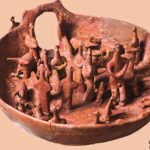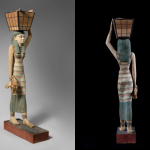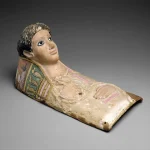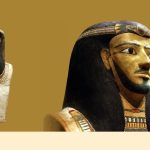Sumer: The Dawn of Civilization

Related Videos:
In the fertile crescent between the Tigris and Euphrates rivers, a groundbreaking civilization emerged over 6,000 years ago. Known as Sumer, or the “land of the civilized kings,” this society laid the foundation for many of the modern systems we take for granted today. Flourishing from roughly 4100 B.C.E. to 1750 B.C.E., the Sumerians were pioneers in innovation, governance, and culture.

A Society of Firsts
The Sumerians’ most enduring legacy might be their revolutionary approach to time. They were among the first to divide time into a system of hours and minutes, a concept that still governs our daily lives. This precision, born out of a need for sophisticated astronomical observations and agricultural planning, showcased their advanced understanding of mathematics.

Their inventiveness didn’t stop there. Sumer is also credited with the invention of the wheel and the development of cuneiform, one of the earliest forms of writing. These innovations transformed transportation, commerce, and communication, allowing for the rise of complex urban centers and organized states.

The Anunnaki: Gods and Rulers
Sumerian society was deeply spiritual, with their worldview shaped by a rich and complex pantheon of deities. At the heart of their religion were the Anunnaki, powerful gods who were believed to have descended from the heavens to govern humanity and the cosmos. The Sumerians’ lives were intertwined with these deities, whose myths explained everything from the creation of the world to the forces of nature.

The Anunnaki were not just objects of worship; they were central figures in the Sumerian understanding of the universe. Temples, or ziggurats, were built in their honor, serving as the social, political, and spiritual hubs of their city-states. The priests who communicated with these gods held immense power, guiding the society’s rituals and shaping its laws.

Through their profound contributions to time, writing, and urban life, the Sumerians carved a path for future civilizations. Their legacy reminds us that the quest for knowledge and a deeper understanding of our world began long ago, on the dusty plains of Mesopotamia, under the watchful eyes of their gods, the Anunnaki.











